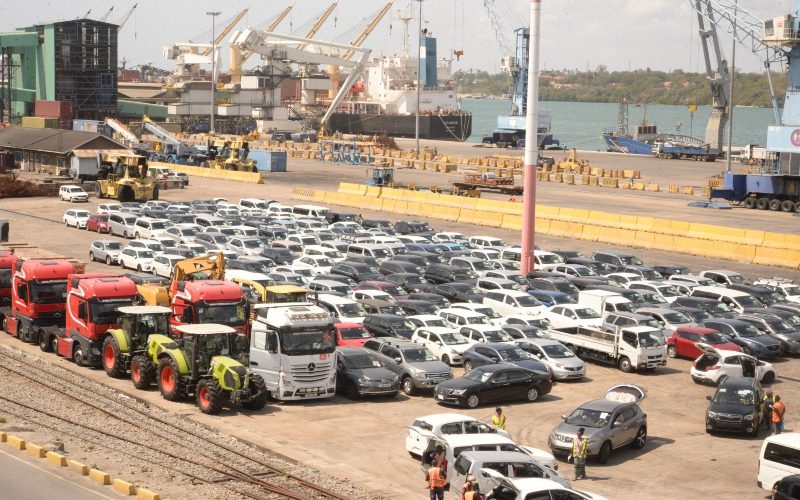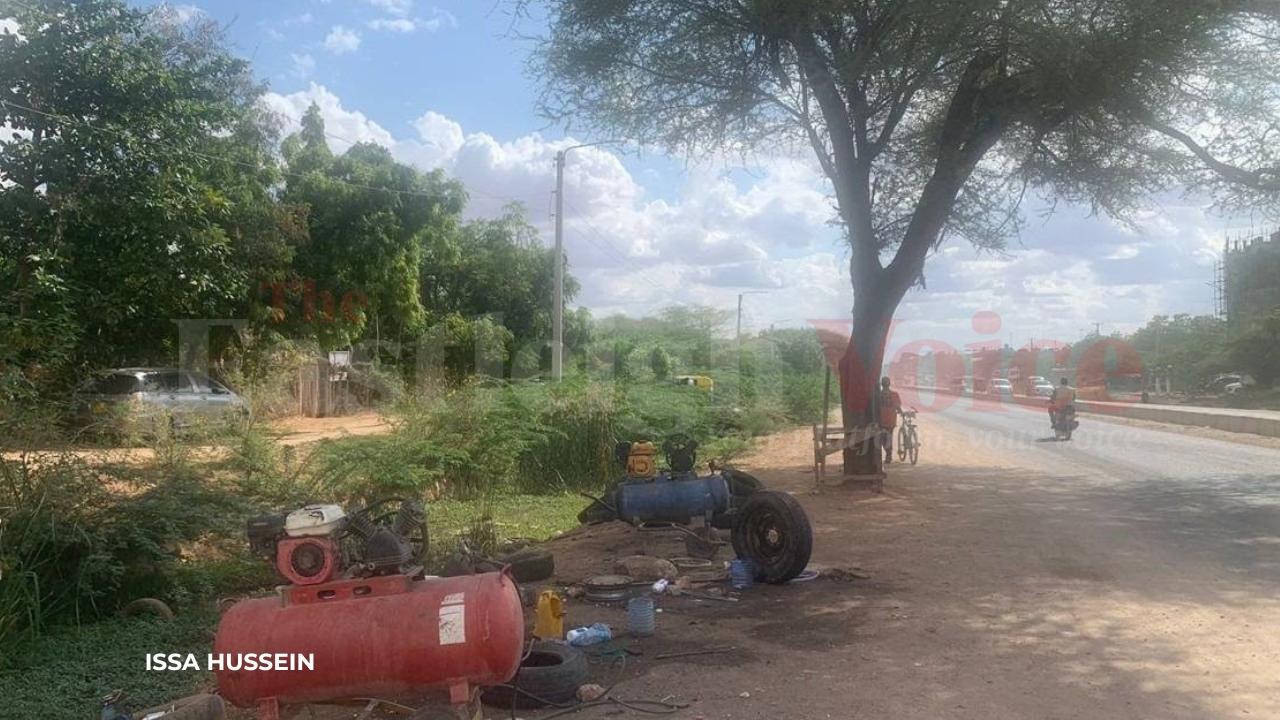Treasury reports Sh16.9 billion in excise duty waivers amid push for local manufacturing

The Tax Expenditure Report 2024 highlights that the bulk of the increase was driven by import excise duty, which almost tripled to Sh6.2 billion from Sh2.1 billion the previous year.
The government recorded a substantial rise in excise duty exemptions in 2024, primarily linked to increased local vehicle assembly and higher provision of products to military canteens, according to the National Treasury.
The total excise duty waived during the year reached Sh16.9 billion, a 37 per cent increase compared to Sh12.3 billion in 2023.
More To Read
- IMF questions Kenya’s exchange rate policy amid new funding negotiations
- KRA retains fringe benefit tax rate at 8 per cent for October–December 2025
- KPA declares 80 per cent waiver to clear long-stay cargo at Mombasa Port
- New certificate of origin rule faces doubts over import undervaluation controls
- KRA announces scheduled eight-hour downtime for customs system
- KRA sets 30-day deadline for clearing goods at Nairobi depot
This came even as overall state tax expenditures fell sharply, reflecting ongoing fiscal reforms aimed at improving efficiency and targeting incentives.
The Tax Expenditure Report 2024 highlights that the bulk of the increase was driven by import excise duty, which almost tripled to Sh6.2 billion from Sh2.1 billion the previous year.
The Treasury attributed this to a deliberate policy to promote local vehicle assembly and encourage domestic manufacturing.
Imported vehicles continue to attract excise rates between 10 and 35 per cent, depending on engine size, while locally assembled units remain fully exempt, creating an incentive for manufacturers to produce domestically.
The rise in excise exemptions was also supported by the Defence Forces Canteen Organisation (DEFCO), which provides duty-free products to military personnel.
Duty concessions on items supplied to the canteen rose from Sh680.9 million in 2023 to Sh711.8 million in 2024, while exemptions on other non-alcoholic beverages grew slightly to Sh17.1 million from Sh14.7 million.
Another key contributor to the excise duty growth was the production of locally brewed beverages, particularly keg drinks, which benefited from up to 80 per cent duty remission.
The Treasury reported that duty forgone on such products increased to Sh9.97 billion in 2024 from Sh9.48 billion the previous year.
Officials said the incentives are aimed at supporting local farmers, sustaining affordable options for low-income consumers, and stimulating domestic agricultural supply chains.
Despite these sector-specific increases, overall tax expenditure dropped by 22.2 per cent to Sh286.5 billion from Sh368.4 billion in 2023.
The decline was driven by reforms that eliminated zero-rating and removed VAT exemptions on several items, including petroleum products. Import duty, including the Import Declaration Fee and the Railway Development Levy, fell to Sh36.1 billion from Sh70.2 billion, reflecting reduced imports of sugar, milled rice, and raw materials for industrial feed production.
At the same time, Value Added Tax (VAT) continued to dominate total tax waivers, accounting for Sh204.5 billion or 71 per cent of the government’s overall tax expenditure. The Treasury noted that zero-rating and exemptions, though costly, remain a tool to support essential commodities while other incentives aim to encourage manufacturing, job creation, and rural economic growth.
Top Stories Today











































